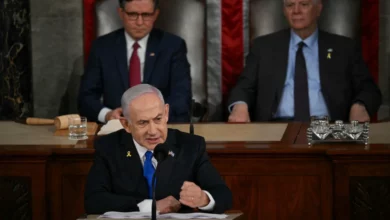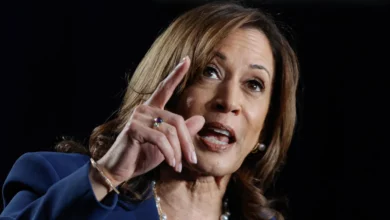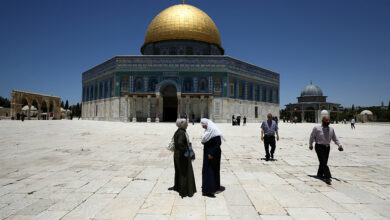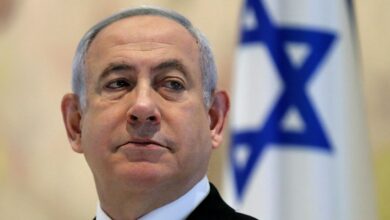On 1 May at 7:30 PM, novelists, poets, and scholars gathered together at the Palestinian National Theater in Jerusalem for the 2010 opening of Palestine Festival of Literature.
The five-day event honored the Palestinian poet Taha Muhammed Ali. For the opening event, Egyptian novelist and founding chair of “PalFest,” Ahdaf Soueif, moderated a discussion between Susan Abulhawa, Victoria Brittain, Najwan Darwish, and Selina Hastings. Muhammed Ali, who is nearly 80 years old, was too ill to attend, but the night went on in spite of this slight change of plan.
The organizers of PalFest, now in its third year, are accustomed to last-minute obstacles. Simply getting the writers across the Allenby Bridge from Jordan into Palestine is a challenge. In one of the festival’s online blogs, Palestinian author Susan Abulhawa writes of being held at the border, “I wished a positive correlation existed between the probability of getting special Israeli treatment and the probability of winning the lottery.” Last year, the Israeli police forcibly relocated the opening and closings festivities.
Shared challenges create a solidarity between the writers, who spend the week traveling through the West Bank, visiting refugee camps, universities, and art centers, and giving readings and workshops. The mission is to bring writers to a Palestinian population for whom even crossing the one or two miles from Bethelehem to Jerusalem to attend a poetry reading is impossible. After the festival closes, the writers, ideally, return home and expose their established audiences to what they witnessed in Jenin or Ramallah or Hebron. It is a worthy mission, but one that loses something in its execution.
During the 2009 festival there were some grumblings of elitism—that the festival appealed only to educated, upper-class residents—or did not feature enough Palestinian writers. An event in Bethlehem was marked by more than a couple walkouts, and ended with confrontational questions from an audience member about the festival’s purpose. It was a night defined by good intentions, but not, ultimately, by good feelings.
This year, by turning over the curatorial reigns to a Palestinian, Adania Shibli, and involving more local and emerging writers, the festival team appears to have taken some the criticism to heart. Among the international participants, such as British novelist Geoff Dryer and critic James Wood, were local artists like Suad Amiri and Taha Muhammed Ali. The schedule included poetry, panel discussions, music, readings, and, one assumes, questions from the audience.
Sousan Hammad, a writer based in Nazareth, who attended the 2009 festival and reported on this year’s, acknowledges that the involvement of a Palestinian curator is a step in the right direction, but remains skeptical. “I am not opposed to bringing writers to Palestine as a way of interacting with Palestinians, but the Palestinian people PalFest is interacting with are middle-class, English-speaking Palestinians who are a small minority. Having the literary readings and events in English eliminates the opportunity for a real cultural exchange.” According to Hammad, confrontational questions from the audience were, like last year, often deflected.
What one cannot dispute is that the participants gain a lot from their experience. British novelist William Sutcliffe was emotional in his blog: “Tomorrow, to the theatre in Jenin refugee camp. I know I will come close to tears; I know at some point I will rock with laughter. I am beginning to understand Palfest.”
Susan Abulhawa followed her tale of deadlock at the Allenby bridge with an account of overwhelming awe at finally seeing Taha Muhammed Ali. “I heard the words of a legendary gentle heart today,” Abulhawa wrote. “The aggravation of the earlier hours of the day faded to nothing.”




